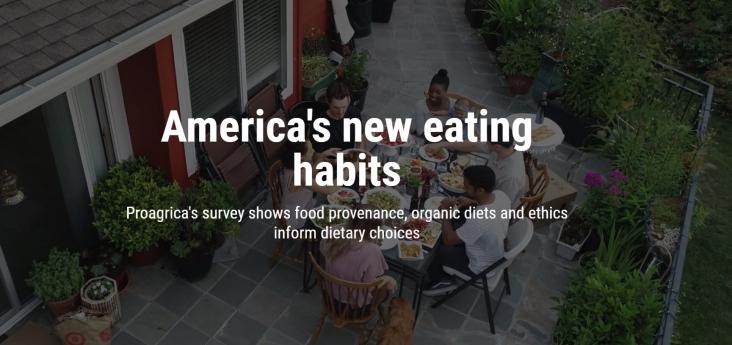This cohort study calls for collaboration between physical and mental health care in patients with severe physical illnesses who are at increased risk of suicide.
This review article advances goals 3, 5, and 10 by addressing inequity in care among pregnant women with asthma in underserved communities and examining potential interventions that may help improve health outcomes and standard of care.

This article ties to SDG 3, Good Health and Well-being. A survey conducted by Proagrica, shows food provenance, organic diets and ethics inform dietary choices. Two-fifths of US consumers have considered going vegetarian or vegan since the pandemic began, 20% of consumers identified health concerns as the primary driver for these choices, nearly three-quarters say they have paid more attention than ever to food provenance, and two-thirds suggest that they are now eating more organic food.
This Article supports SDG 3 by assessing ethnic differences in hypertension management. The findings suggest that people of African American Caribbean ethnicity had poorer blood pressure control due to stopping regular treatment.
Background: There is a lack of real-life population-based study examining the effect of community mental health services on psychiatric emergency admission.
Background: Eating Disorders (EDs) are among the deadliest of the mental disorders and carry a sizeable public health burden, however their research and treatment is consistently underfunded, contribu
China's rapid socioeconomic development since 1990 makes it a fitting location to summarise research about how biological changes associated with socioenvironmental changes affect population mental he
The results of this research suggest that social support and sleep quality are important factors mediating the relationship between sedentary behavior and negative emotions in adolescents during a COVID-19-related home confinement in Shenzhen.
Background: Previous studies on the impact of the COVID-19 pandemic on the mental health of health-care workers have relied on self-reported screening measures to estimate the point prevalence of c
This study reveals a high magnitude of poor Health-related quality of life (HRQoL) among HIV-positive women. Therefore, as HRQoL domains are comprehensive indicators of living status, healthcare service providers should be dedicated to screening and supporting HIV-positive women with poor HRQoL.
